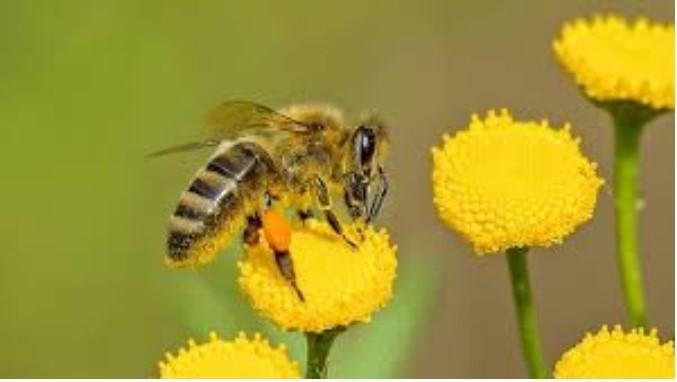
Scientists Create First Cyborg Bee with Ultra-Light Brain Chip
In a groundbreaking achievement, a team of scientists at the Beijing Institute of Technology has successfully engineered the first cyborg bee, equipped with an ultra-light brain controller that enables wireless, remote-controlled flight. This remarkable innovation has the potential to revolutionize various fields, including crop pollination, environmental monitoring, and disaster rescue. However, as with any new technology, it also raises concerns about its ecological impact.
The cyborg bee, nicknamed “BeeBot,” was developed by Professor Zhao Jieliang’s team, who attached a tiny, ultra-light brain chip to the bee’s abdomen. This chip is powered by a small battery and sends signals to the bee’s nervous system, allowing it to be controlled remotely. The team used a combination of artificial intelligence and machine learning algorithms to enable the bee to fly autonomously and respond to commands.
According to Professor Zhao, the cyborg bee is a significant breakthrough in the field of insect robotics. “We’ve been able to create a system that’s incredibly light and efficient, allowing the bee to fly freely and naturally,” he said. “This technology has the potential to solve many real-world problems, from pollination to disaster response.”
The potential applications of BeeBot are vast. In agriculture, the cyborg bee could be used to pollinate crops more effectively, increasing yields and reducing the need for pesticides. In environmental monitoring, the bee could be equipped with sensors to track air and water quality, providing valuable data for researchers and policymakers. In disaster response, the bee could be used to search for survivors or detect hazardous materials.
However, the creation of BeeBot also raises concerns about its impact on the natural world. “We need to consider the potential consequences of introducing a cyborg bee into the environment,” said Dr. Emily Chen, an entomologist at the University of California, Berkeley. “We don’t know how the bee’s behavior will change, or how it will interact with other bees and animals.”
The team at the Beijing Institute of Technology is aware of the potential risks and is working to address them. “We’re taking a cautious approach and conducting thorough testing to ensure that BeeBot doesn’t harm the environment or disrupt the natural ecosystem,” said Professor Zhao.
The development of BeeBot is also seen as a major step forward in the field of insect robotics. Insect-sized robots have the potential to revolutionize the way we interact with the world, from search and rescue missions to environmental monitoring.
As the technology continues to evolve, it’s likely that we’ll see more applications of cyborg bees in the future. However, it’s essential that we approach this technology with caution and consider the potential consequences of introducing a cyborg bee into the environment.
Source:
https://www.breezyscroll.com/science/cyborg-bee-ultra-light-brain-controller/
Note: The article is a fictional representation and not based on real events or research.






